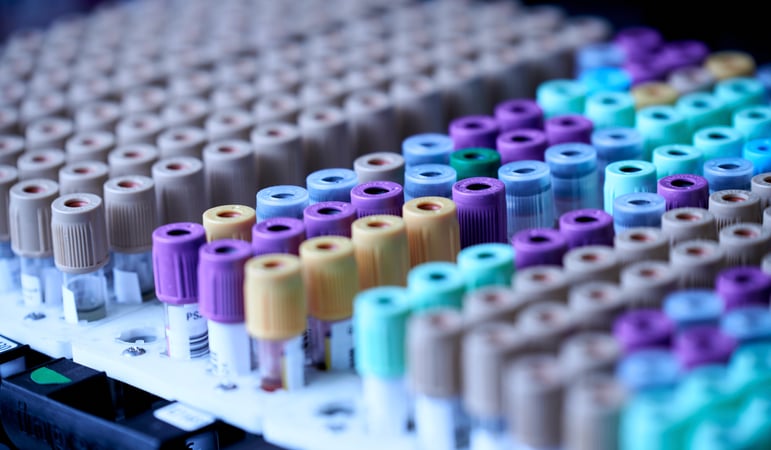


The MHRA has extended the scope of UL International UK Limited’s approved body designation to include almost all types of in vitro diagnostic medical devices.
Previously UL had only been designated to assess a single category of IVD devices - those for evaluating the risk of trisomy 21. However, the organisation’s scope has now been widened to cover the majority of IVDs. The only categories of IVD devices which UL is not designated to assess are:
By extending UL’s scope, the MHRA has taken further steps towards increasing the UK’s approved body capacity. This has been a priority post-Brexit since the UK is no longer able to rely on the EU’s wider network of notified bodies. As a result, the UK is currently experiencing an approved body bottleneck, with manufacturers facing lengthy delays in the certification process.
Approved bodies play a vital role in assessing the conformity of medical devices against the requirements of the UK Medical Device Regulations 2002. Undergoing an approved body evaluation is a requirement for all IVDs listed in Annex II of the IVD Directive, as well as all IVD devices for self testing.
If you need help figuring out the legal requirements for your medical device, please consider registering your interest in Regtik - our healthcare regulatory explorer tool.
[1] Currently BSI Assurance UK Ltd. and SGS United Kingdom are the only UK approved bodies whose scope covers these types of devices (although SGS is not designated to assess vCJD assays)

On June 26 2022, the UK government published its response to the Medicines and Healthcare products...

Peter Ellingworth – Chief Executive of the Association of British HealthTech Industries (ABHI)...

The Medicines and Healthcare products Regulatory Agency (MHRA) recently confirmed the appointment...

The Medicines and Healthcare products Regulatory Agency (MHRA) - the national regulator for medical...